5 Key Steps to Handle Your Dog's Loose Tooth: An Ultimate Guide
Just like people, dogs can experience dental issues that necessitate proper care A loose tooth in your dog& 39;s

Just like people, dogs can experience dental issues that necessitate proper care. A loose tooth in your dog's mouth could be a significant indicator of dental problems. Here's a comprehensive guide on how to deal with your dog's loose tooth.
1. Identify Normal Tooth Loss in Puppies
Puppies, as they grow, lose their baby teeth, with the process starting from three to five weeks from their birth. By the time your puppy is six to seven months old, it should have lost all baby teeth and grown the full set of 42 adult teeth. However, if the baby tooth remains even after the adult tooth has erupted, it is called a retained tooth. This condition, if observed, needs immediate veterinarian consultation.
2. Spot Symptoms of Loose Teeth in Dogs
A variety of symptoms can indicate a loose tooth in your adult dog. These include bad breath, redness or bleeding along the gum line, chewing difficulty, facial swelling, loss of appetite, and others. Identification of these symptoms early can aid in effective treatment.
3. Understand Causes of Loose Teeth
While losing baby teeth is a regular occurrence, loose adult teeth may signify advanced gum diseases. Other causes include periodontal disease, trauma or injury, and cancer in the jaw bone or gums. Regular veterinary check-ups can help diagnose these conditions early.
4. Learn About Treatment Procedures
If you suspect your dog has a loose tooth, consult a vet immediately. Treatment often involves extraction of the loose tooth under anesthesia, followed by dental cleaning. The vet will conduct a thorough examination of the oral cavity, including X-rays, to ensure proper dental health.
5. Implement Prevention Measures for Loose Teeth in Dogs
You can prevent loose teeth in your dog by practicing regular dental care. This includes annual veterinary exams, preventative dental cleanings, daily teeth brushing, and offering safe toys and treats that aid in chewing. Early prevention contributes significantly to your dog's overall health.
